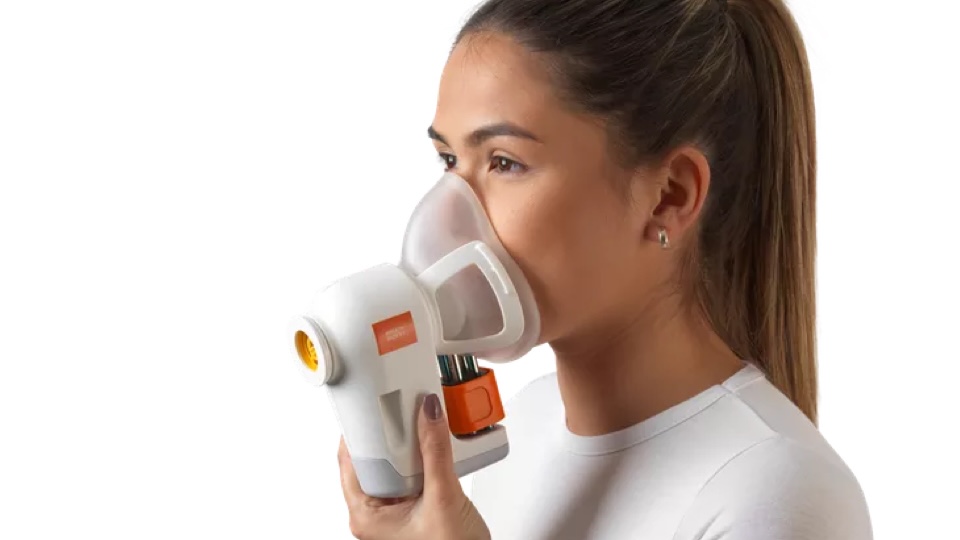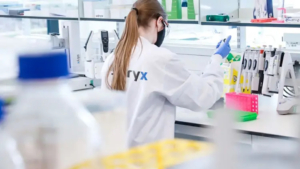
British Owlstone Medical wins ARPA-H award, but will it materialize?
Owlstone Medical, a pioneer in breath-based diagnostics from Cambridge (UK), has been awarded up to US$49.1m by the U.S. health innovation agency ARPA-H under its POSEIDON programme. The funding backs development of a synthetic-sensor MCED test capable of detecting over 30 solid tumours at Stage I using breath and urine samples, intended for at-home, over-the-counter use. But will ARPA-H be committed to funding if the restructuring of NIH and HHS in the US is moving in a different direction?
Owlstone Medical, pioneer in breath-based diagnostics, has been awarded up to US$49.1m by the U.S. health innovation agency ARPA-H under its POSEIDON programme. The funding backs development of a synthetic-sensor MCED test capable of detecting over 30 solid tumours at Stage I using breath and urine samples, intended for at-home, over-the-counter use.
The project will be conducted in partnership with Massachusetts Institute of Technology (MIT), Boston University, Georgia Tech, Qurin B.V., and Planned Systems International Inc. Owlstone’s approach involves inhaling a mix of synthetic sensors that home in on tumour sites, producing reporter signals (DNA barcodes or volatile organic compounds) that can be measured in urine or breath and uploaded to electronic health records.
POSEIDON stands for Platform Optimizing SynBio for Early Intervention and Detection in Oncology. Its goal: to develop affordable, sensitive, non-invasive cancer screening tools that can detect early-stage tumours outside clinical settings. It´s a special programm launched by ARPA-H, a U.S. government agency focused on high-risk, high-reward health technologies, in August 2024 as part of its mission to pioneer advanced health innovations.
POSEIDON selects “performer teams” to receive milestone-based support to build next-generation synthetic biosensor tests that integrate into digital care workflows. Owlstone is one of the awardees. If successful, Owlstone’s test would transform cancer screening by enabling early detection at home, when treatment is most effective and costs are lower. The reliance on breath and urine samples, rather than invasive procedures or blood draws, offers accessibility advantages.
Trump Administration Eyes Major Overhaul of ARPA-H
ARPA-H was launched in 2022 with a billion US-Dollar budget and funded with further US$1.5bn in the following years to tackle “bold” health questions and challenges. President Trump’s FY2026 budget proposes pulling ARPA-H out of the NIH and folding it into a new Assistant Secretary for a Healthy Future (ASHF) under HHS, alongside pandemic-focused agencies such as BARDA and the Strategic National Stockpile.
The move would mark a major structural shift for ARPA-H, which was founded to fund high-risk, high-reward biomedical innovation—from immune-cell reprogramming (EMBODY) to AI-driven vaccine design (APECx). Critics warn that the transfer could narrow ARPA-H’s broad mission to transform healthcare beyond pandemic response and erode its independence and agility, key to its “moonshot” model of fast-tracked scientific breakthroughs. Whether POSEIDON and other programs will be affected by this restructuring is not yet clear. The former ARPA-H director was fired already in February with the first wave of removals in the HHS and NIH.


 Sitryx Therapeutics
Sitryx Therapeutics BioNTech SE
BioNTech SE